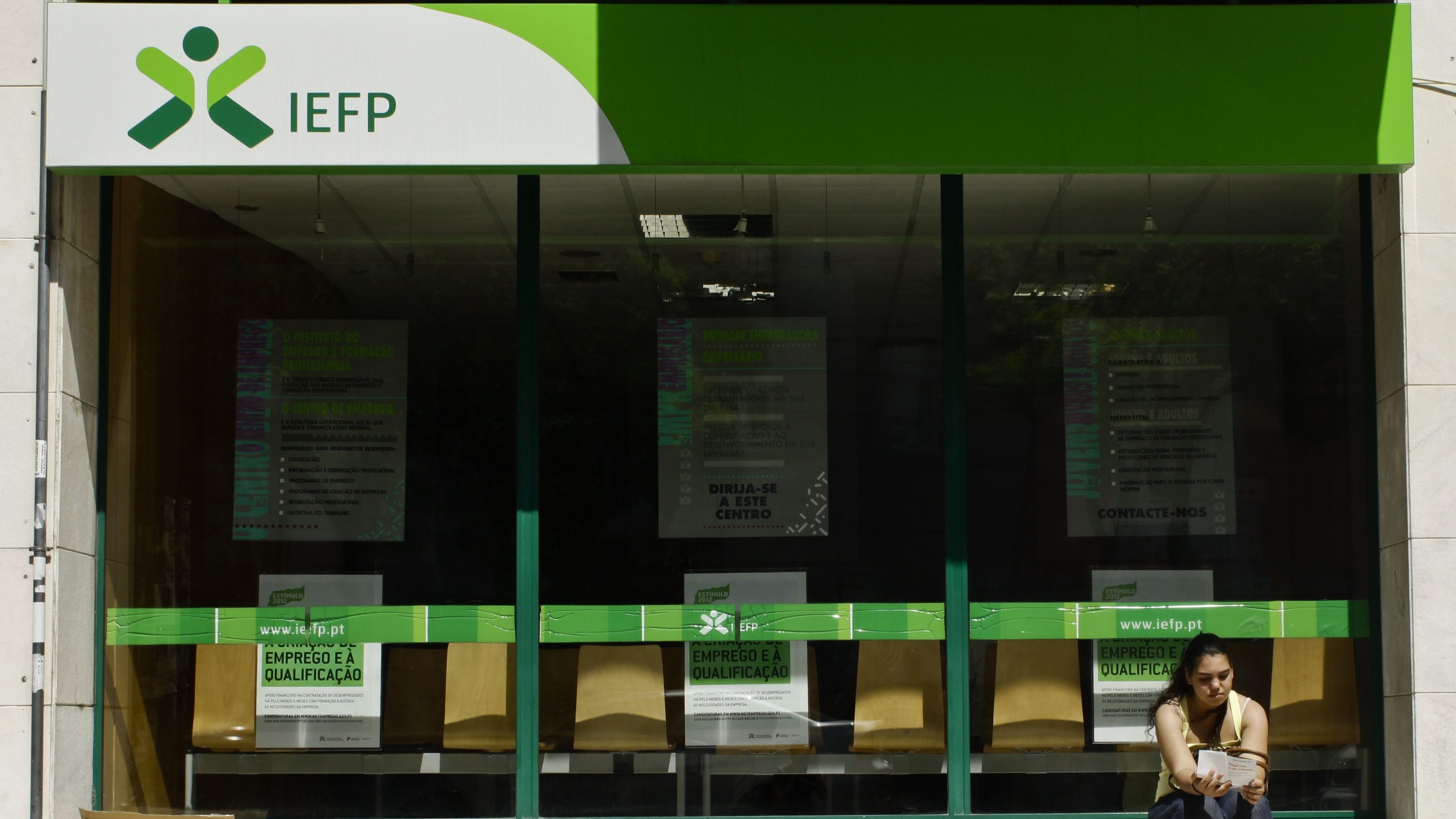“Portugal looks much more like Germany than, say, Spain”, according to Financial Times’ blog
Tourism, the car industry and investment: according to Financial Times' blog, there are many arguments that justify the "relative" health of the Portuguese labor market.
Portugal is under the watchful eye of Financial Times. This Wednesday, Portugal is the topic of Alphaville, FT’s blog, and it is looking good: “Portugal’s experience of the euro crisis was a nasty hybrid of Greece and Italy. Yet today it’s doing far better than both”, can be read in the blog. And it goes even further: when regarding the perspective of the employed Portuguese, “Portugal looks much more like Germany than, say, Spain”, it is stated. FT explains everything the good momentum of the Portuguese economy and the “relatively healthy job market”, from the trade balance to tourism.
“There is no single reason why Portugal has (sort of) succeeded where others [Greece and Italy] failed”, but part of the explanation concerns the economic performance, which “has done much better than domestic demand” and lead export revenues to soar. On the other hand, imports had a smaller increase: the net trade position has improved by about 20 billion euros, “or more than 10 per cent of Portugal’s GDP”.
The more “anecdotal” explanation, according to the blog, is tourism. “It sometimes feels hard to find someone who hasn’t recently holidayed in Portugal”, is stated in the blog. Exports of travel and transportation services more than doubled since 2008 — from 6 billion to 14 billion in 2017. In perspective, “little more than a third of the total improvement in the trade balance can be explained by the growing appeal of Lisbon, Sintra, the Algarve, the Douro, etc”.
However, tourism already had a lot of weight in exports, so it is only “slightly more impressive” than “other exports”. Alphaville also highlights the sales in the car industry, which skyrocketed by 40% in the same period.
Besides exports and imports, it is important to look at the quality of the investment, the blog states. “If you believe that business capex is more likely to boost productivity — and therefore longer-run growth — than other forms of investment, this should be good news for Portugal in the years ahead”. Growth has been taking place mostly in the non-financial corporate sector since 2013.
But it is not all good news
Alphaville also points to some numbers that weight in negatively and that “suggest the Portuguese recovery has a long way to go“.
The number of working hours and available jobs started declining in 2009 and, in spite of the recovery in 2013, have not yet returned to pre-level crisis. “Massive emigration” and a decrease in immigration are closely linked to this reality, according to Alphaville. While between 1998 and 2007, the labor market was reinforced with 313,000 people, since 2008, these numbers were reversed and resulted in a loss of 120,000 employees until 2016. “That flattered the employment rate but it represents a large — and probably permanent — loss of human capital”, Alphaville warns.




